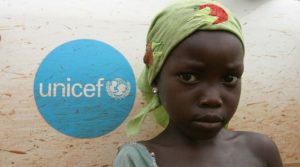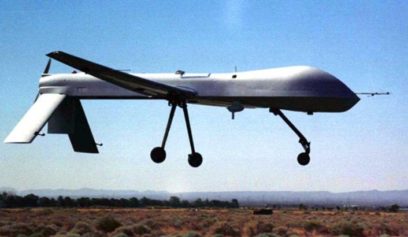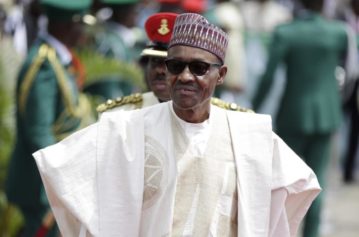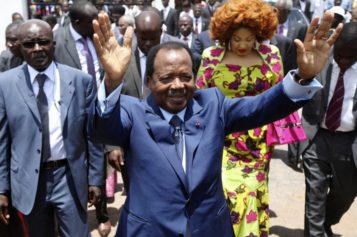ABUJA, Nigeria (AP) — Nigeria’s military has lifted a suspension of UNICEF’s work in the extremist-threatened northeast just hours after it accused the U.N. agency of training people for “clandestine activities.”
The original statement said UNICEF’s activities are on hold until further notice because it has “abdicated its primary duty of catering for the well-being of children and the vulnerable.”

Military spokesman Onyema Nwachukwu on Friday accused UNICEF of harming counter-terror efforts via “spurious and unconfirmed allegations” of human rights abuses by the military. The spokesman said the alleged training was carried out in the past week in Maiduguri, the Borno state capital and birthplace of Boko Haram.
UNICEF, which focuses on aid to children trapped in one of the world’s worst humanitarian crises, has not commented publicly.
Nigeria’s military is highly sensitive to repeated allegations of rights abuses raised by multiple organizations over the years. In a statement overnight, Amnesty International Nigeria called the military’s charges “absurd” and described the UNICEF suspension as part of a wider effort to intimidate international aid groups.
Friction between Nigerian officials and UNICEF and other arms of the U.N. has surfaced before.
In January 2017, the Borno state governor accused UNICEF and other aid groups of profiting from funds meant to help those fleeing Boko Haram’s Islamic uprising and said they should leave the country. After U.N. officials flew in to discuss his comments, Gov. Kashim Shettima apologized.
His criticism followed charges by President Muhammadu Buhari that the U.N. and private agencies were exaggerating a massive humanitarian crisis in the northeast to boost funding.
In August 2017, Nigeria’s army raided a U.N. compound in Maiduguri, saying it was searching for Boko Haram members.
U.N. officials earlier this year called the humanitarian crisis in northeastern Nigeria one of the worst in the world, with more than 7 million people in need of assistance.
UNICEF, in addition to work such as enrolling hundreds of thousands of affected children in school, has been openly critical of Boko Haram’s use of dozens of children as “human bombs” in its decade-old insurgency.
More than 20,000 people have been killed over the years, with thousands abducted. UNICEF this week shared the story of a former abductee, one of scores of children it said it has helped to support.


